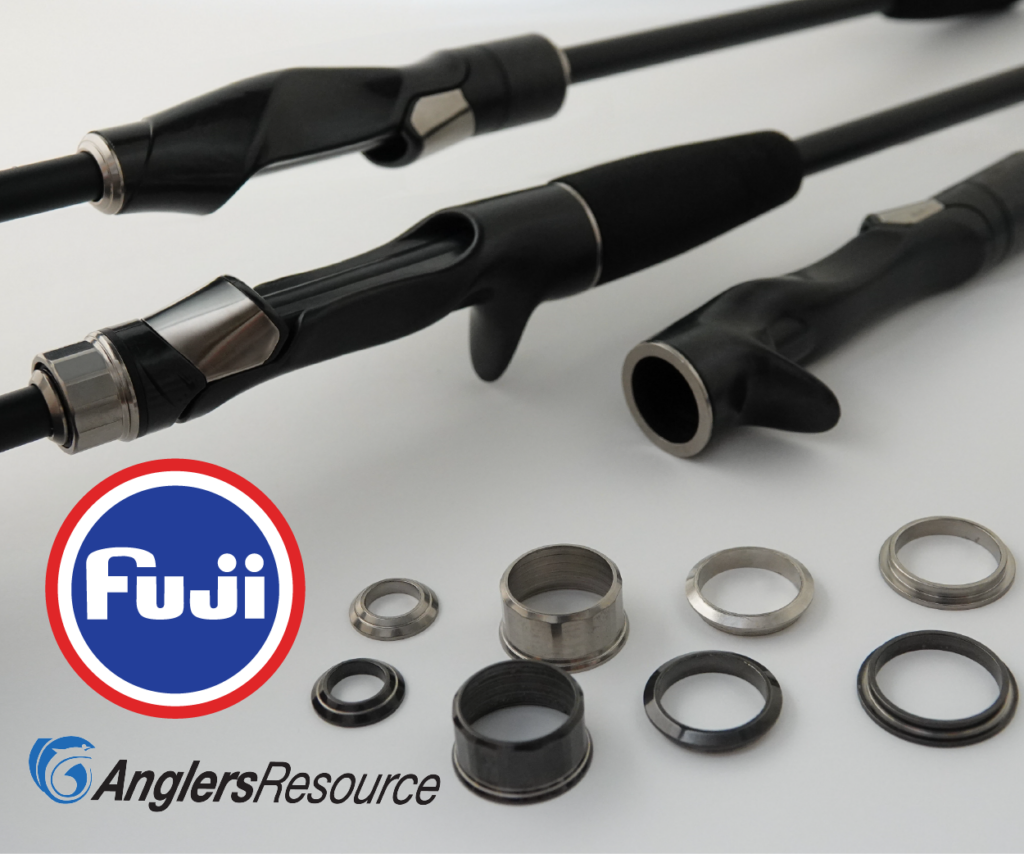The Gulf of Maine is getting warmer – at a faster pace than almost anywhere else on the planet. The fish have taken notice and they’re on the move. In New England, Gulf Stream changes are exacerbating the steady climb of temperatures across the globe and this new reality is already challenging fishery managers. The most visible signs are habitat transformation, shifts in historical stock ranges, changing productivity, and spawning success in the region. American lobsters are moving away from their once productive Southern New England grounds, black sea bass are being caught in numbers never before seen north of Cape Cod, and northern shrimp are migrating northward into Canadian waters – all in pursuit of colder, more nutrient rich water. As more and more species respond to environmental changes, so too are their managers.
The Commission, NOAA Fisheries, and the regional fishery management councils along the Atlantic are all studying changes in the ocean environment and assessing management solutions that meet current challenges and those on the horizon. Last year, the Commission’s Management and Science Committee reported on changing stock distributions and possible management responses – including the third rail of fisheries management, allocation. With stock distributions and productivity changing, there is a need to reassess current management plans and allocations. The Commission’s 2016 Action Plan is already tackling the issue – by developing an addendum for Southern New England to respond to the results of the 2015 benchmark stock assessment in Lobster Conservation Management Areas 2, 3, 4, 5, and 6; by enacting and possibly extending a two-year moratorium on northern shrimp; and by developing a new black sea bass stock assessment to capture the increased abundance and range. The Commission recently added Maine and New Hampshire to the management board governing black sea bass and stands ready to add states to other management boards when the need arises.
Managers are also exploring ways to deal with ocean acidification and invasive species like green crab that have arisen in response to the warmer waters in New England. For species like Southern New England lobster and northern shrimp, difficult choices must be made. Even in the absence of fishing pressure, there is concern they may never rebuild to historical levels. Undoubtedly, managers have tough decisions ahead – can we restore stocks like these through restrictive fishery management measures or should the remaining fishing fleet be allowed to harvest these fisheries until there is no economic incentive to do so? Commission management will continue to evolve as habitats on the East Coast change. We’ll strive to balance human needs with environmental restrictions. The pursuit of our Vision, Sustainably Managing Atlantic Coastal Fisheries, will not change. New England remains one of the most productive fishing areas in the U.S. and with hard work and robust science, the Commission will do all it can to keep it that way.
